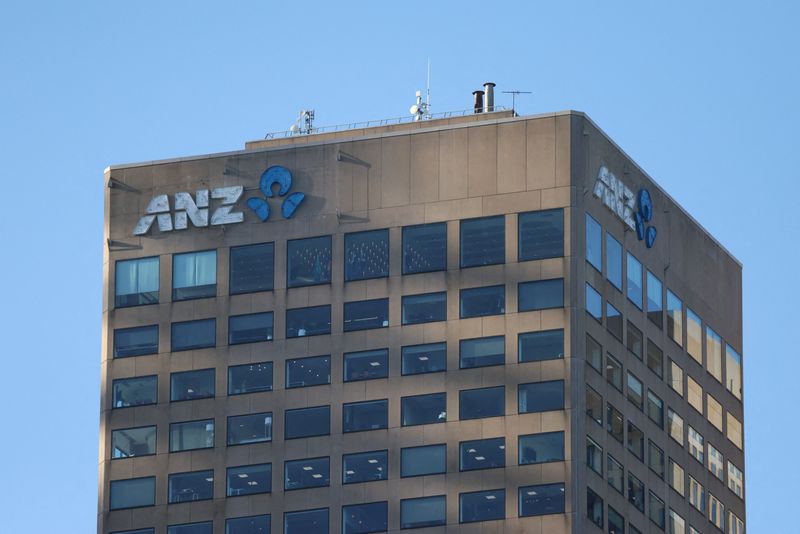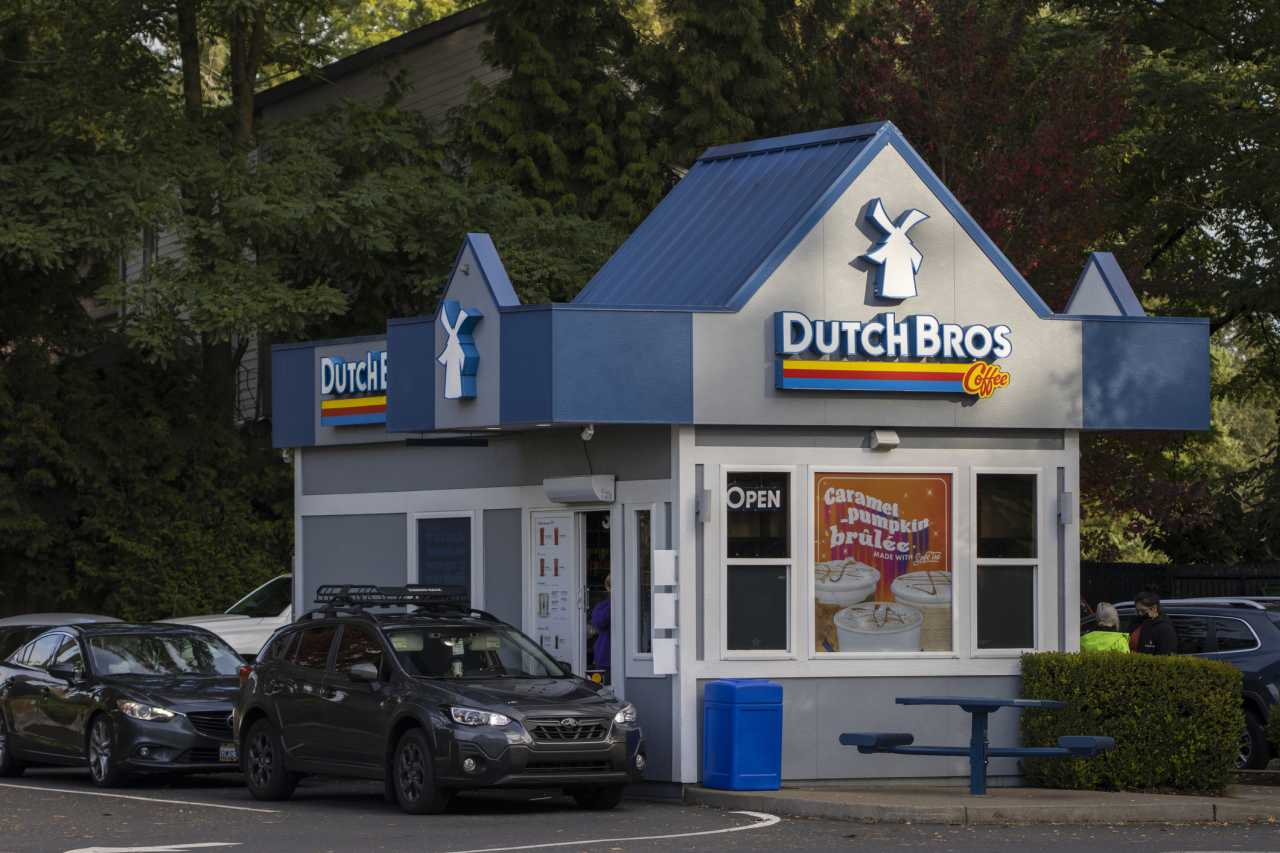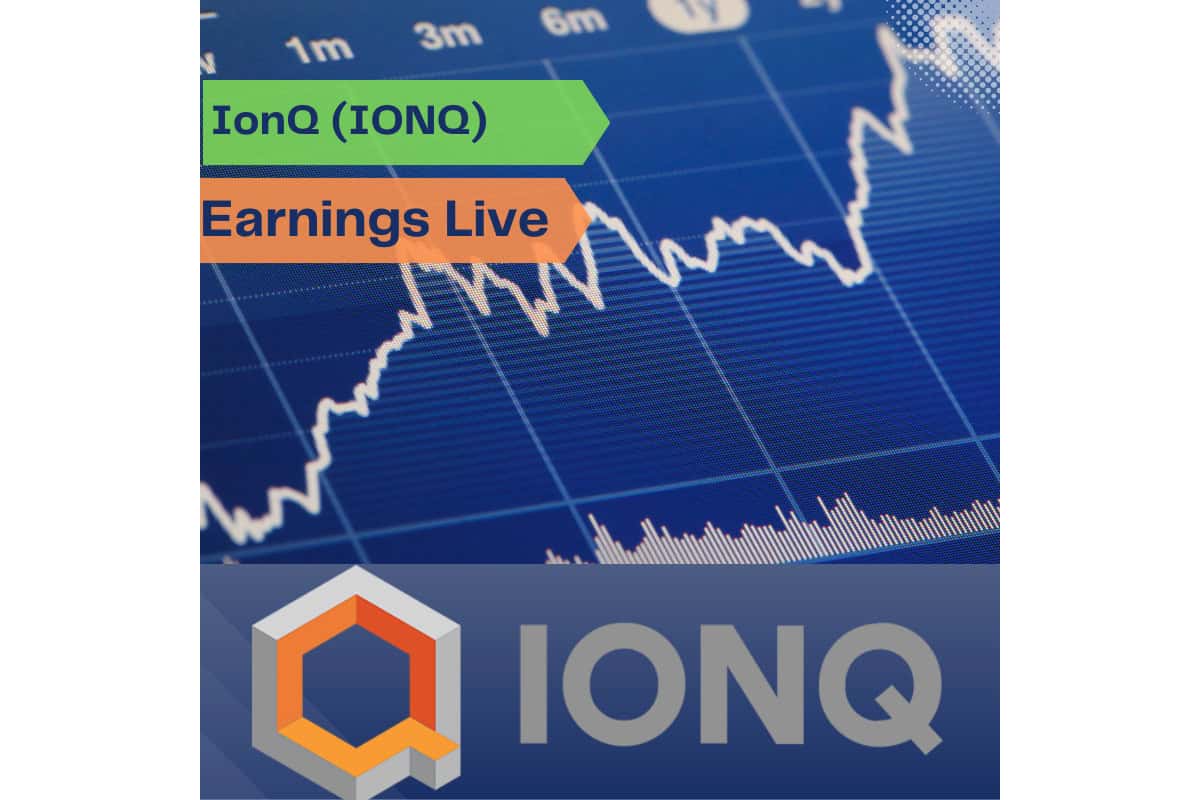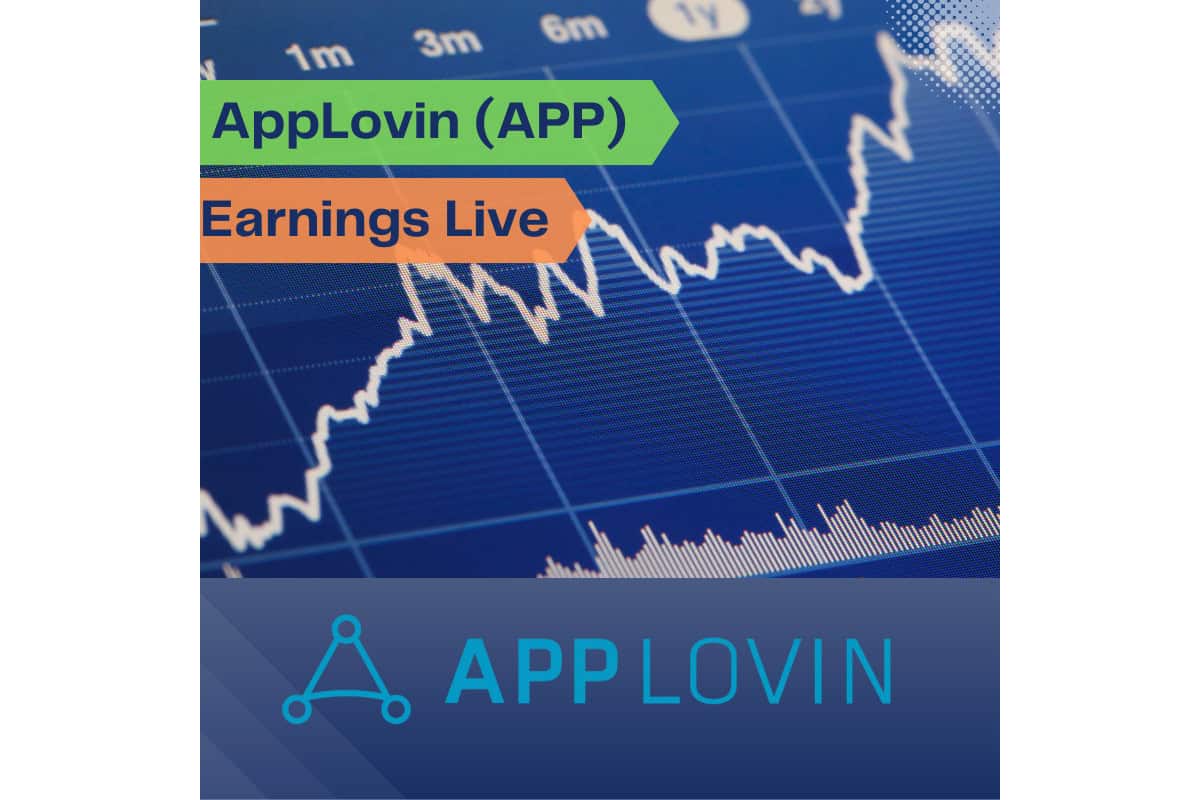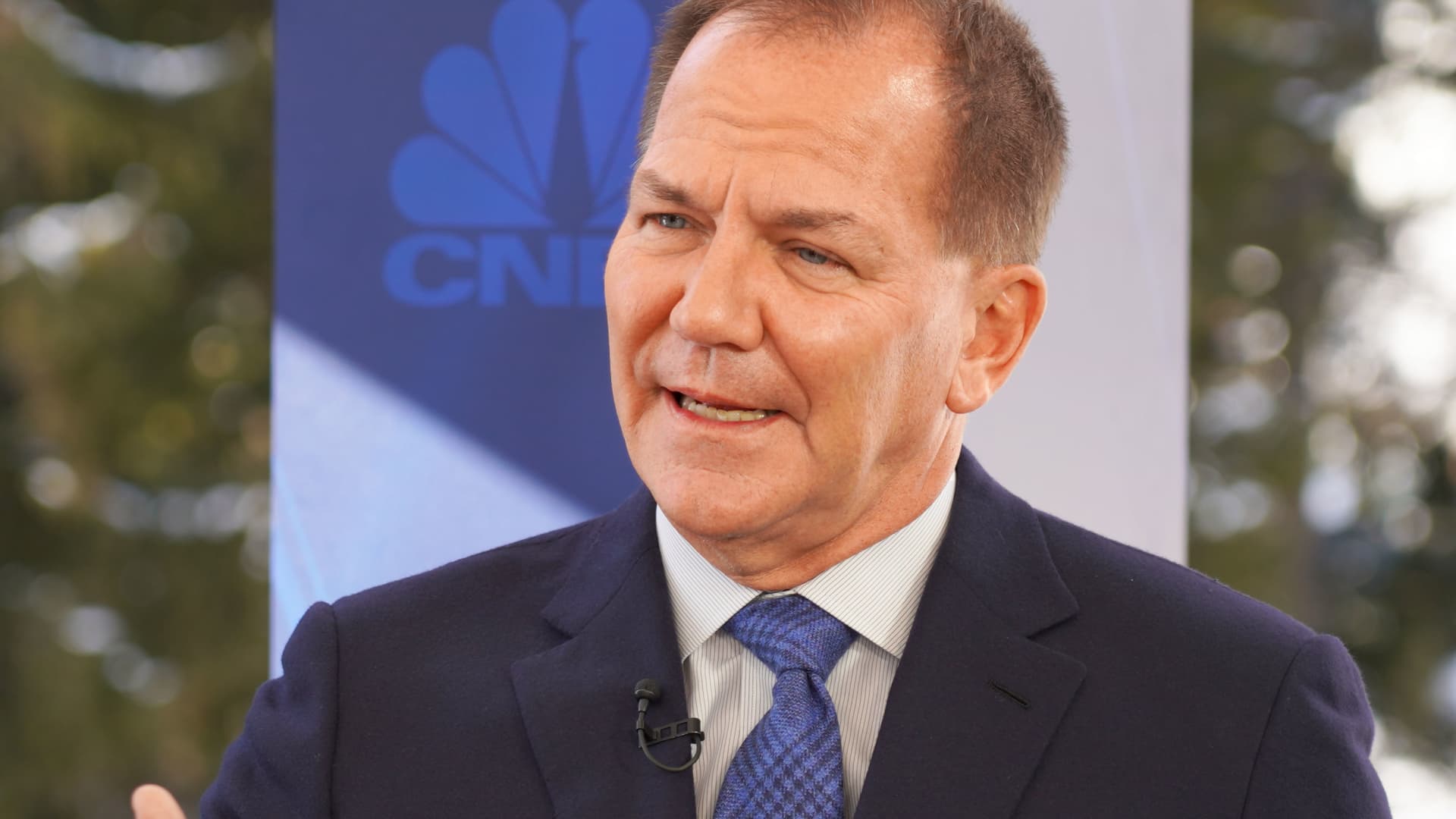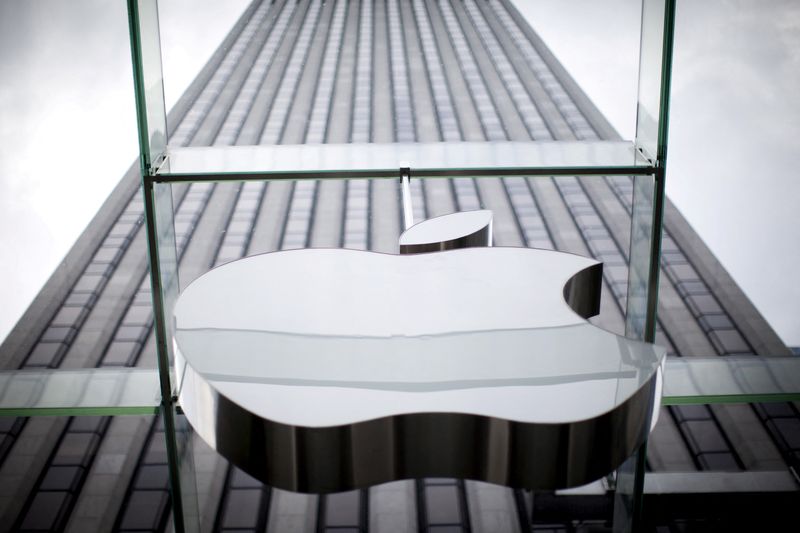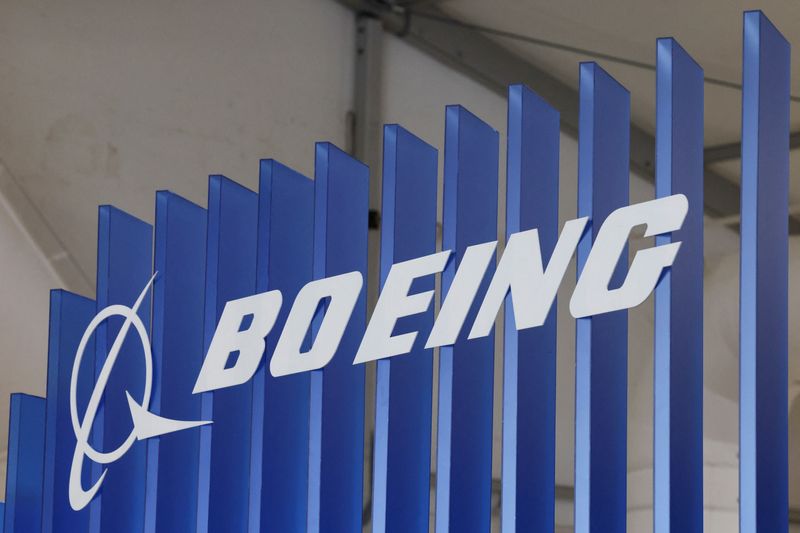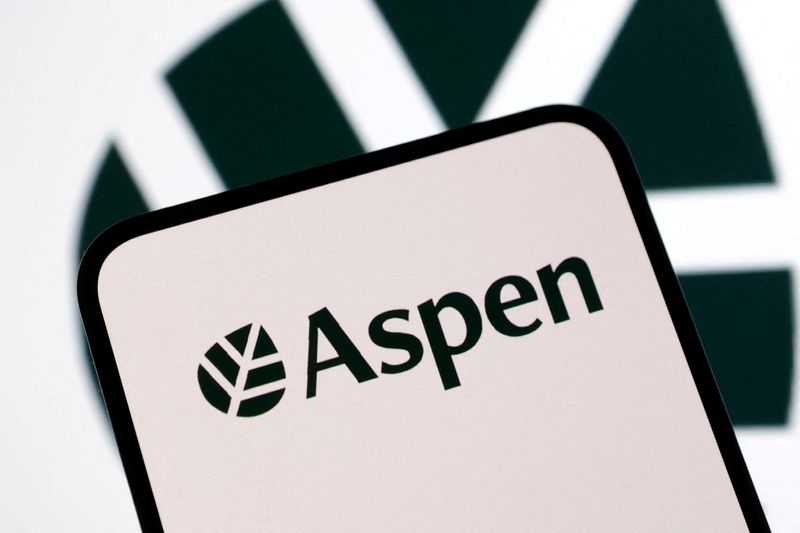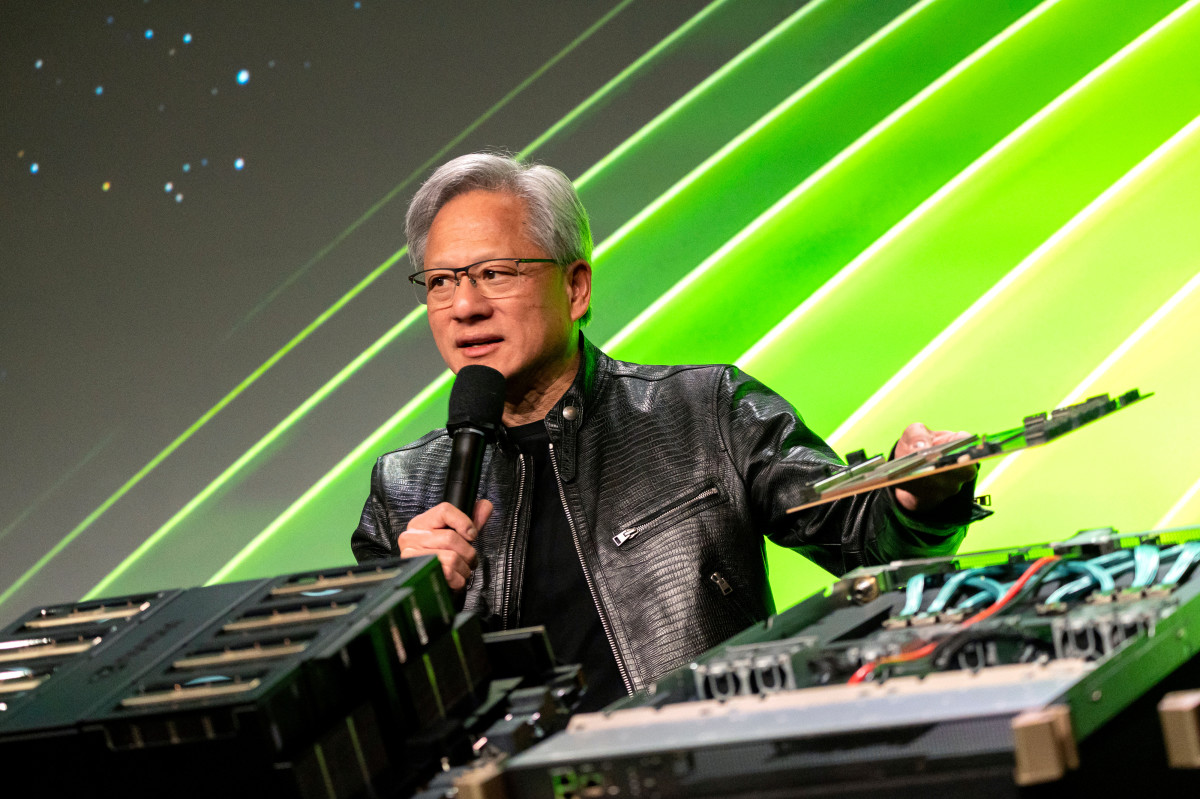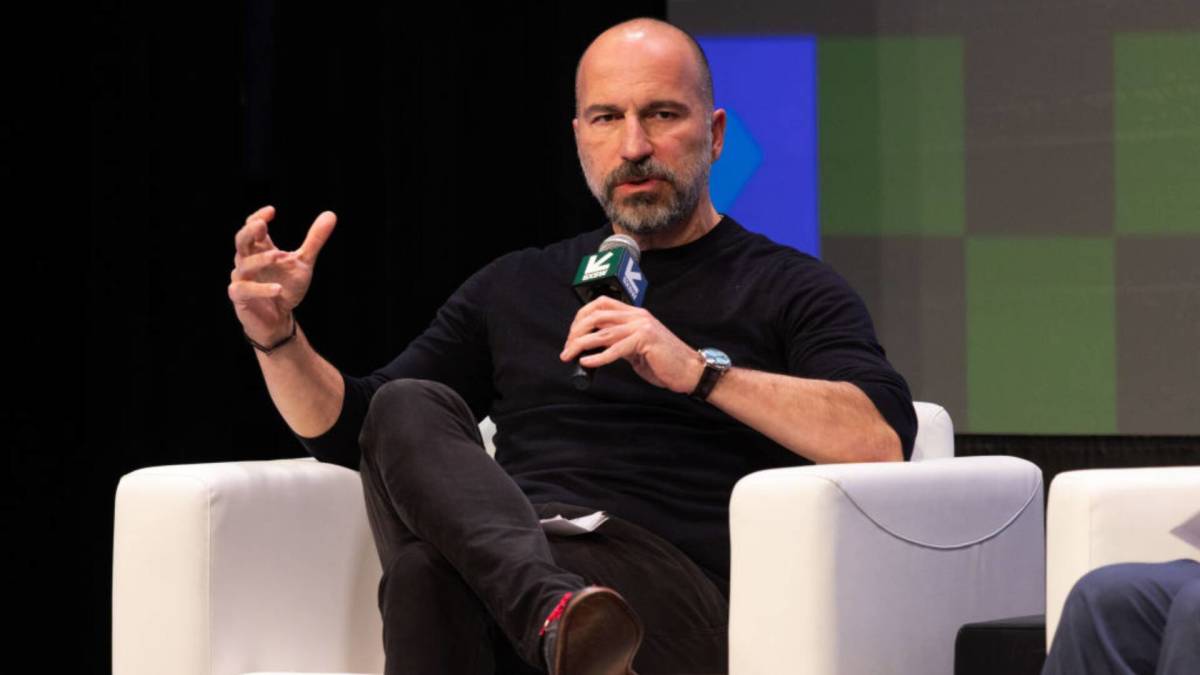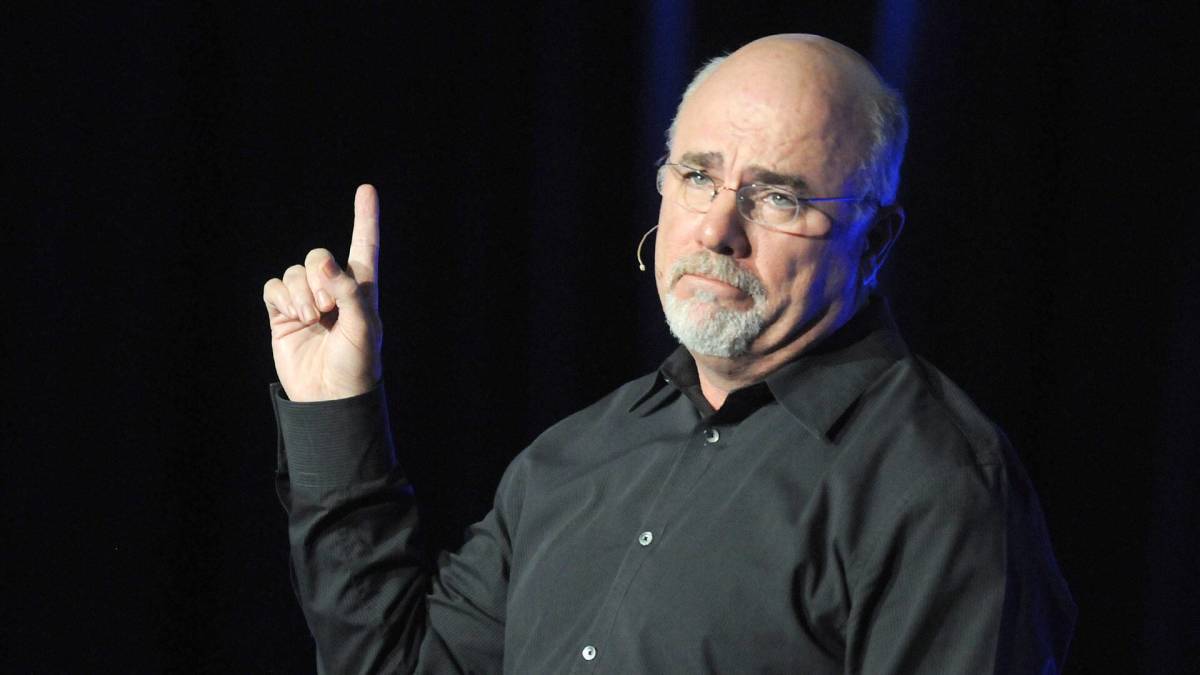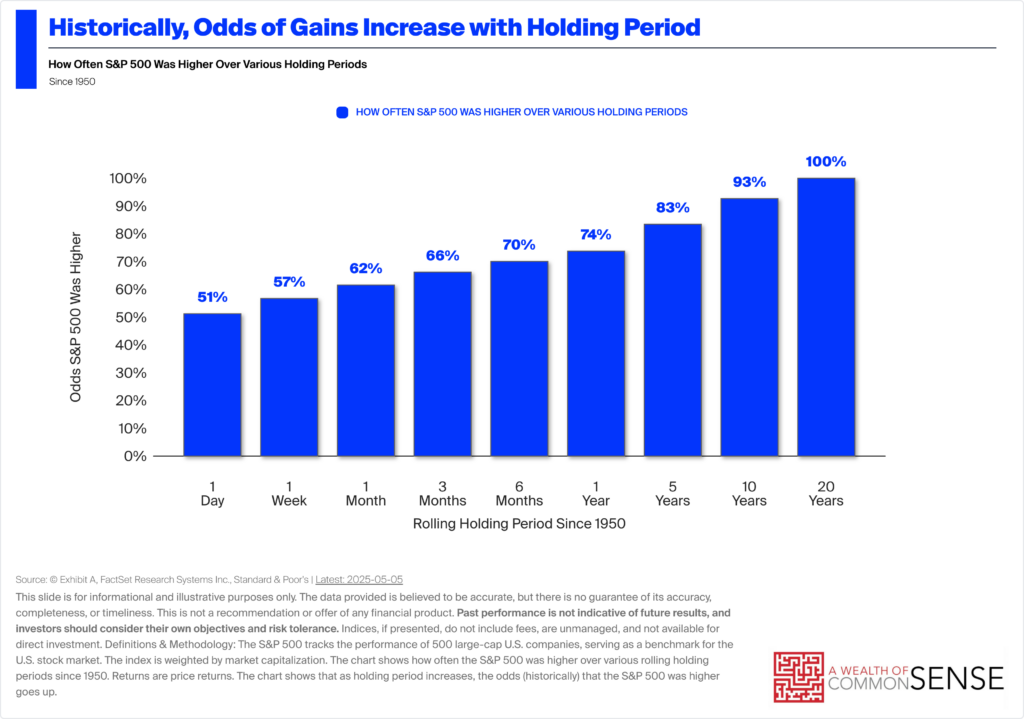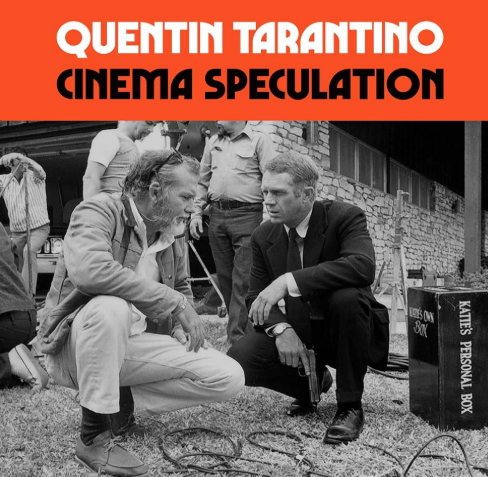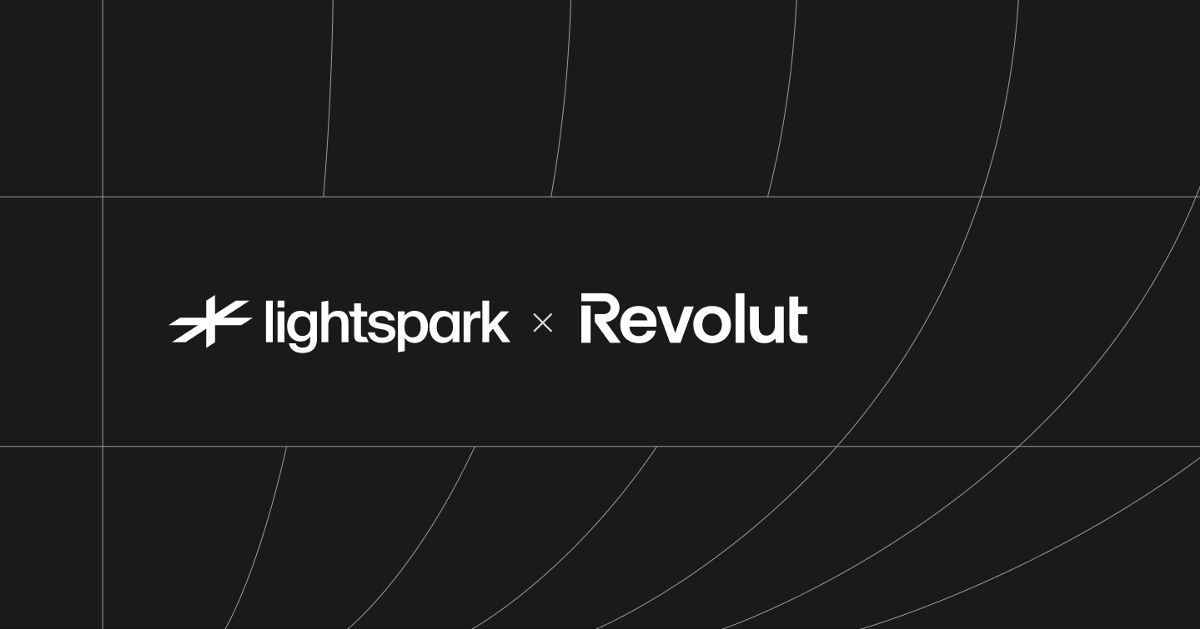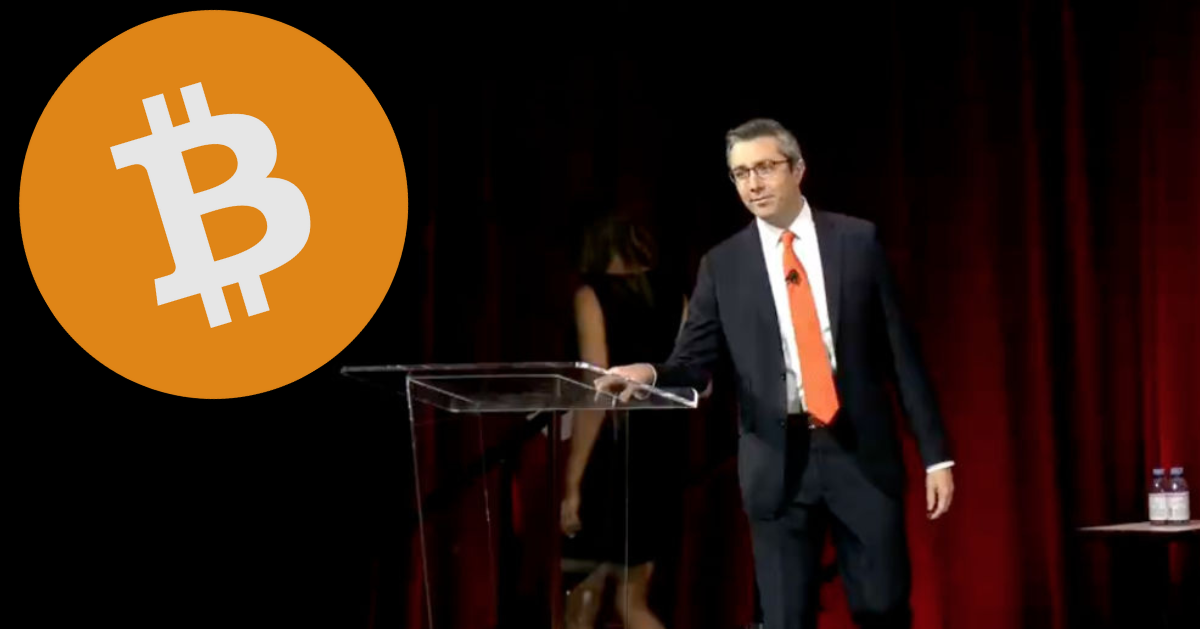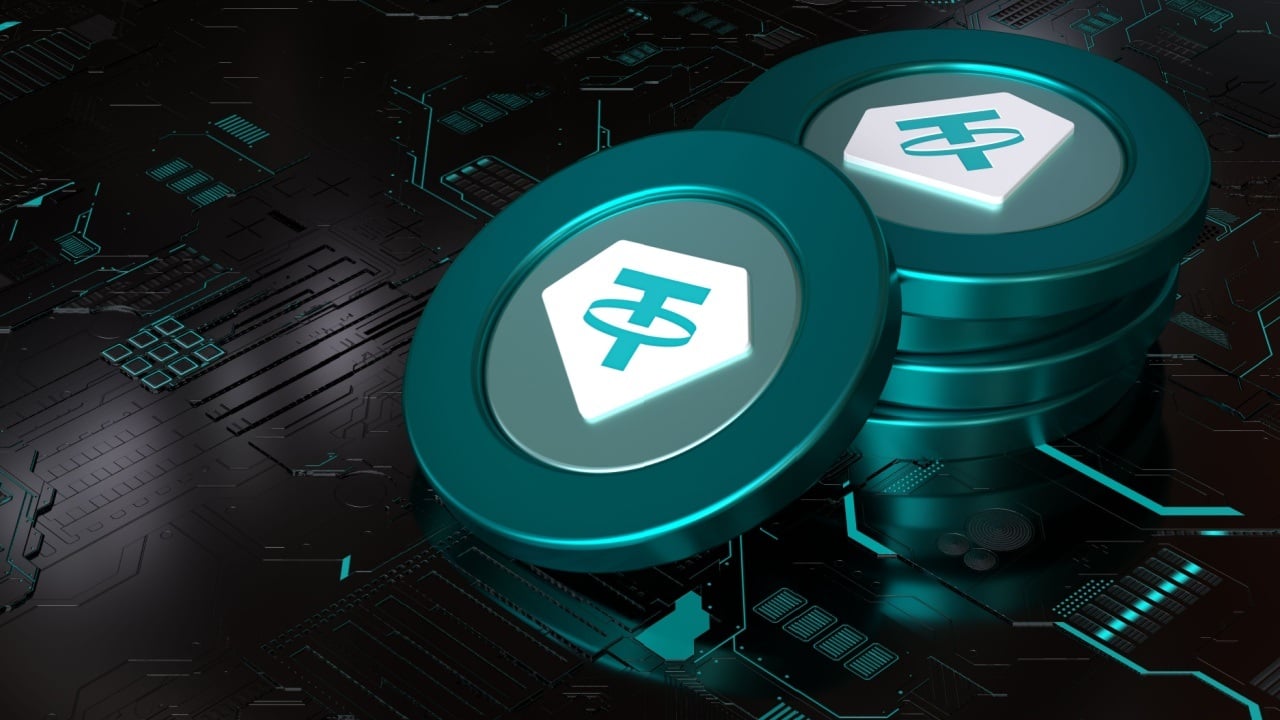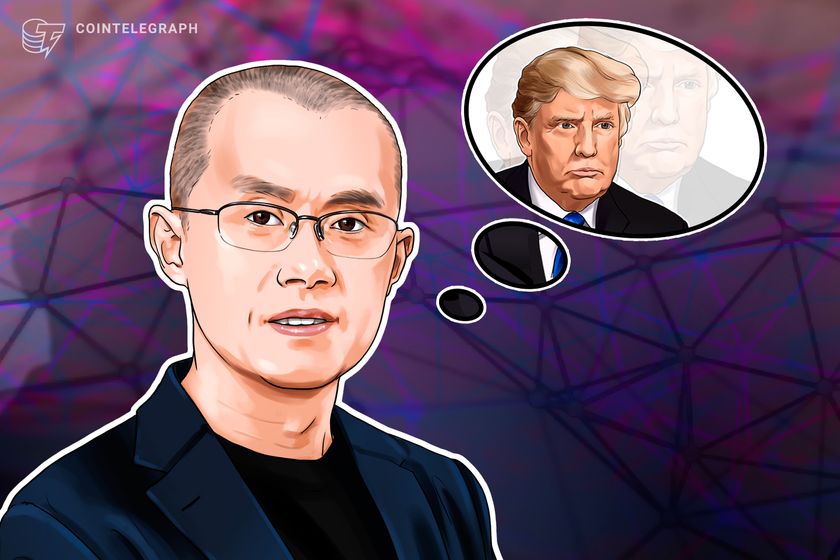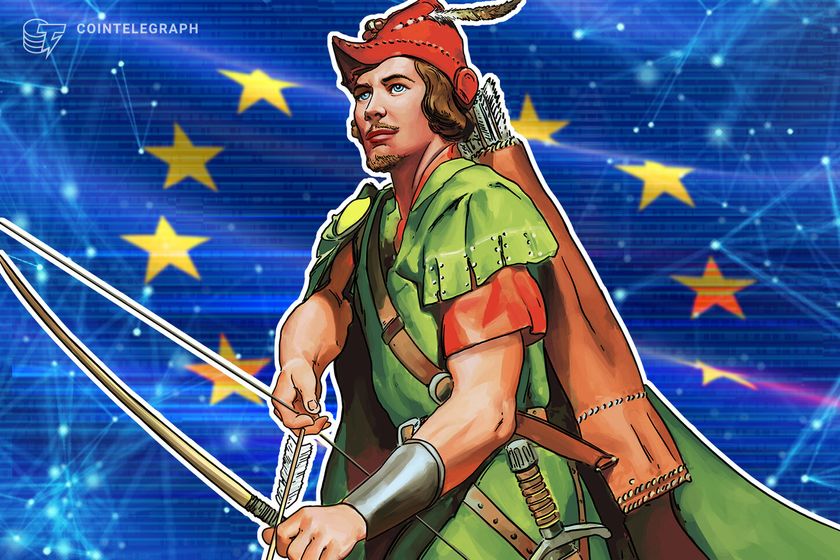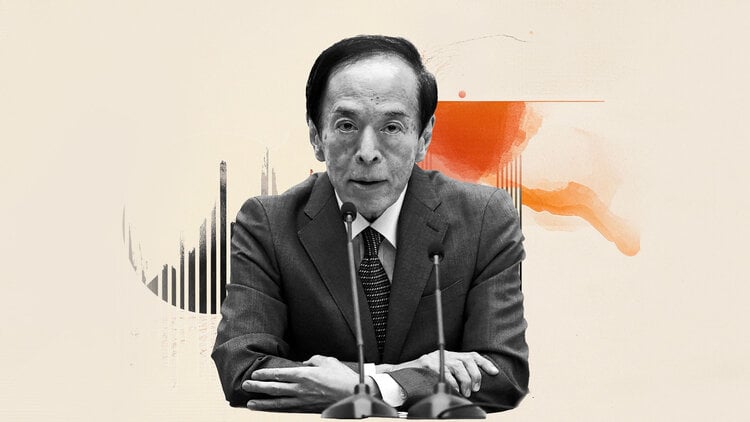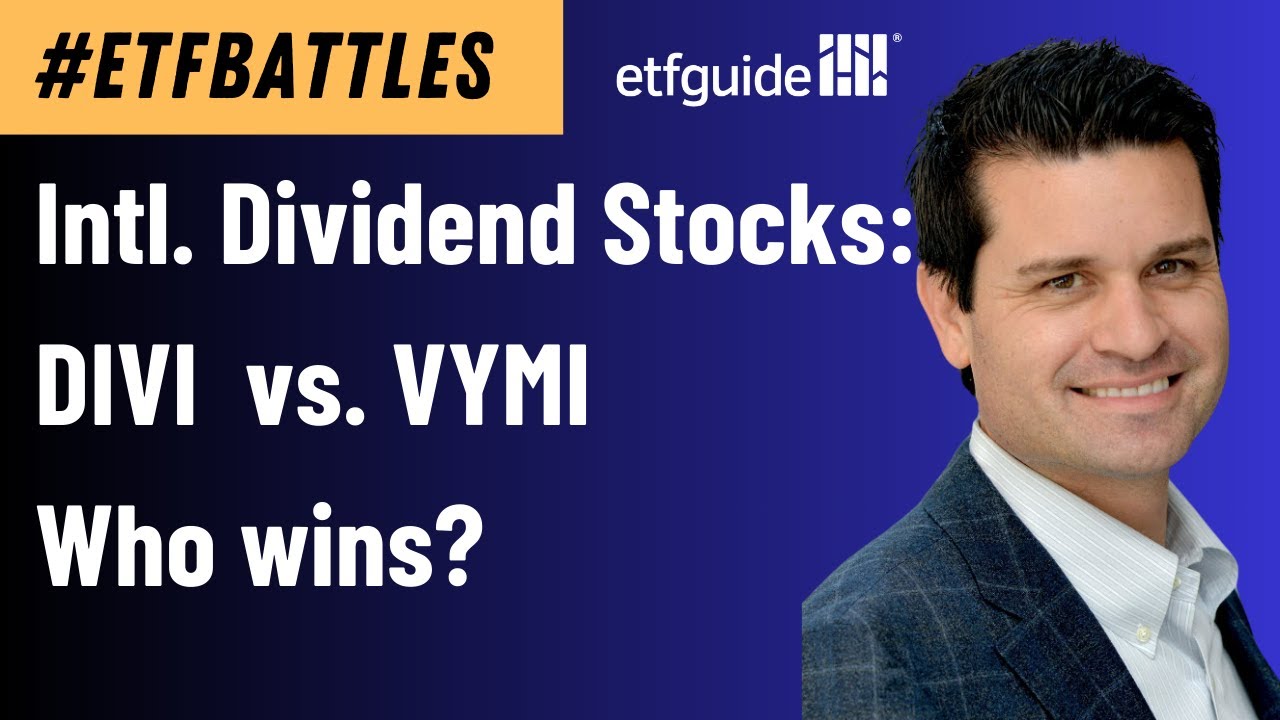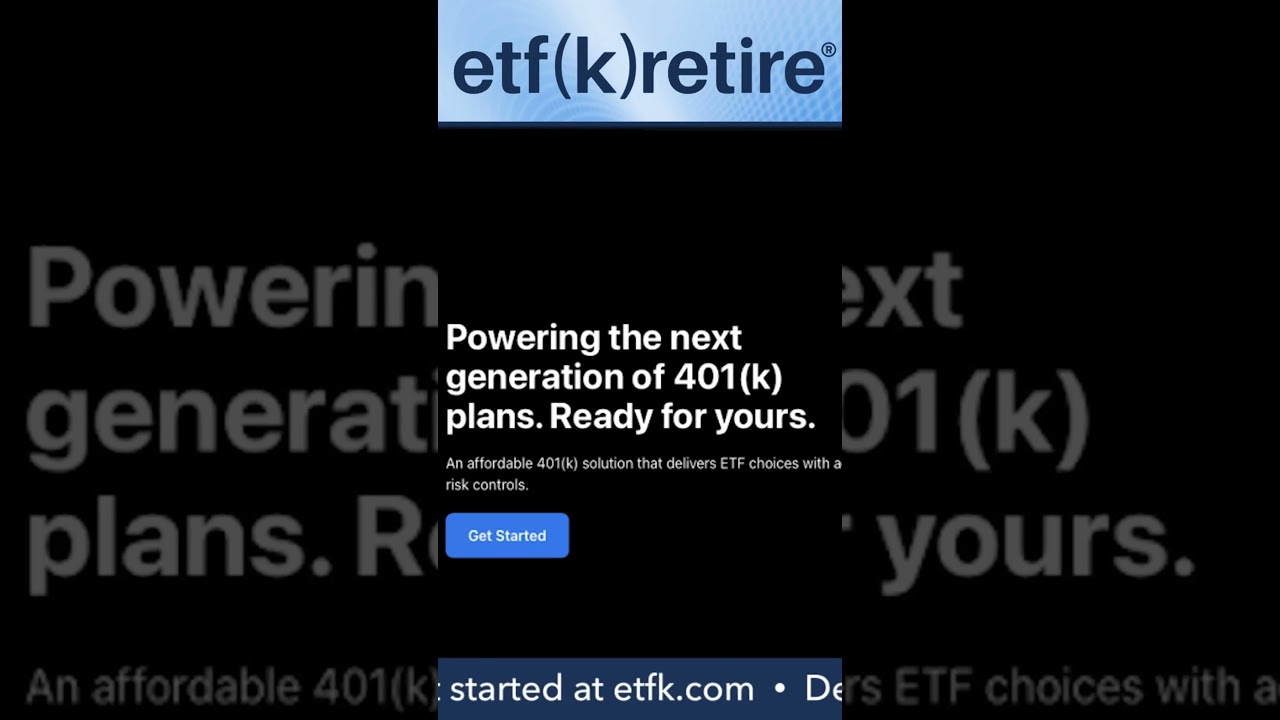Leading AI labs have no ‘moat’ except access to capital, top tech analyst says
Benedict Evans told the audience at London's Brainstorm AI that two years into the so-called "model wars" between Big Tech companies, there still doesn't seem to be any "fundamental moat."

- The only economic moat leading AI labs possess is virtually unlimited access to capital, according to Benedict Evans. The longtime tech analyst told the audience at Fortune's Brainstorm AI conference in London that foundational models like OpenAI's GPT or Gemini are becoming commodities.
Leading AI companies' only economic "moat" is access to massive amounts of capital, according to Benedict Evans, a long-time tech analyst.
Popularized by Warren Buffett, a company’s moat is its set of sustainable competitive advantages that protect its long‑term profits and market share from rivals. However, two years into the so-called "model wars" between Big Tech companies, there still doesn't seem to be any "fundamental moat," "barriers to entry," "network effect, or winner takes all effect," Evans told the audience at London's Brainstorm AI.
Instead, there has been an explosion of capital investment. Last year, the big four cloud companies spent more than $200 billion building infrastructure; this year, they are due to up this to more than $300 billion, he said.
"This has become very, very capital intensive, at least at the moment, very, very quickly," Evans said, adding that much of this capital was making its way to Nvidia one way or another.
The result of this expenditure is a lot of AI models becoming available, which has in turn created an environment that allows anyone with significant capital to build a foundational model that could rival those made by the top AI companies. DeepSeek, which in part took advantage of the open-source models already available and was built with around $1.6 billion, only serves to prove this point, Evans said.
AI models as 'commodities'
AI models like OpenAI's GPT, Anthropic's Claude, or Google's Gemini have become "commodities," a readily available and interchangeable service, and evolve into undifferentiated, low‑cost infrastructure, Evans said.
Consequently, this could mean that the real AI battle won't be over which company has the best base model, but rather about who can most effectively package, integrate, and govern that model within real‑world products and services. In other words, the competitive edge may lie not in the base model itself but in the layers built on top.
In a blog post expanding on his presentation, Evans elaborated on this point, using OpenAI's recent launch of its Deep Research tool as an example.
"OpenAI and all the other foundation model labs have no moat or defensibility except access to capital, they don’t have product-market fit outside of coding and marketing, and they don’t really have products either, just text boxes - and APIs for other people to build products," he wrote.
This story was originally featured on Fortune.com
